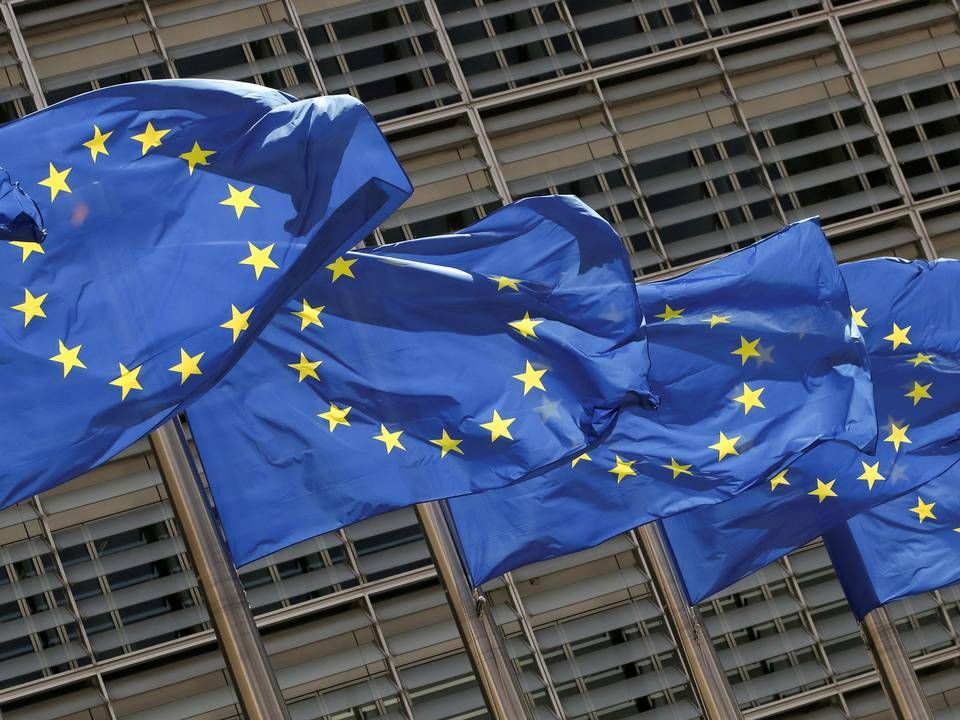Column: Meanwhile, we're waiting for uniform ESG reporting in the whole world

Responsible investments are booming. It can only be a good thing that more stakeholders take a responsible approach, since this creates better societies, stronger companies, and more stable circumstances for investments.
As the world of investing has embraced responsible investments, there is a growing tendency towards what is at worst greenwashing, and at best, poor communication. Although this problem occurs in a limited number of companies and asset managers, greenwashing must be prevented, since it lessens trust in responsibility declarations.
We think there is a large need for mutual guidelines on how to report and communicate on responsible investments. This can help increase trust in companies that are transparent about responsibility issues.
Unfortunately, the current situation only creates confusion for consumers, companies and investors. We need more uniform requirements in the whole world.
Regional solutions highlight the need for a global solution
All beginnings are difficult, but luckily, we have come a long way when it comes to regulating communications on responsible investing.
Most recently, the EU has passed the Sustainable Finance Disclosure Regulation, thereby increasing transparency on how companies and asset managers communicate in relation to ESG-compliant investments.
Simplified, the goal of the regulation is to strengthen information on sustainability in the financial area in order to improve investor and consumer protection.
We support a strong and transparent set of rules for responsible investment communications. However, we worry that this area lacks global uniformity. The problem is that if every country or region has its own unique approach to how companies report and communicate their ESG circumstances, it can be challenging for a global equity fund – for example – to report correctly and fairly on the total ESG footprint of its portfolio.
If the companies in the portfolio have different standards for reporting, this means that the total picture of a fund's ESG circumstances might be blurred. The report from one company within the EU might look completely different from one written by a US or Japanese company.
This is an unsustainable situation for companies, investors, asset managers and consumers.
So what do we do?
There's no reason to sit around waiting for global solutions. We use our own approach in this matter and collaborate with the companies we invest in in using global standards and make sure they always report on particularly crucial ESG issues such as climate change mitigation and diversity.
We do this on the basis of three key elements.
Firstly, we encourage the companies in our portfolio to annually let us know the ESG issues that are most important to the company's success. We ask them to relate this to the financial key figures, so the significance of these ESG matters are clarified in relation to the company's business.
Secondly, we ask that companies use global reporting standards such as the Sustainability Accounting Standards Board (SASB) and the Task Force on Climate-related Financial Disclosures (TCFD), which both provide a globally recognized framework for ESG reporting.
This ensures that we have the best possible grounds of comparison globally.
Finally, we ask that our companies always report on diversity and climate footprint. These issues are important and relevant for investors, regardless of their industry background.
Whereas climate change mitigation has been a dominating factor in terms of responsible investing, many companies have reconsidered their approach to the composition of their staff groups. It is an encouraging notion that even though there is some ways to go, many companies are making an effort to create more diversity among their employees.
We expect that this year and in the years ahead, there will be more legislative initiatives around the world, which will improve communication and ESG reporting. We certainly need this, although legislators should not forget that financial markets are global, and that there are benefits to shaping and establishing regulations that create mutual global standards – not just local solutions.
Translated from FinansWatch.dk by Nielsine Nielsine
Fund managers' ESG claims face credibility test as gaps found
Europe's pension funds still don't know how to treat a key risk















